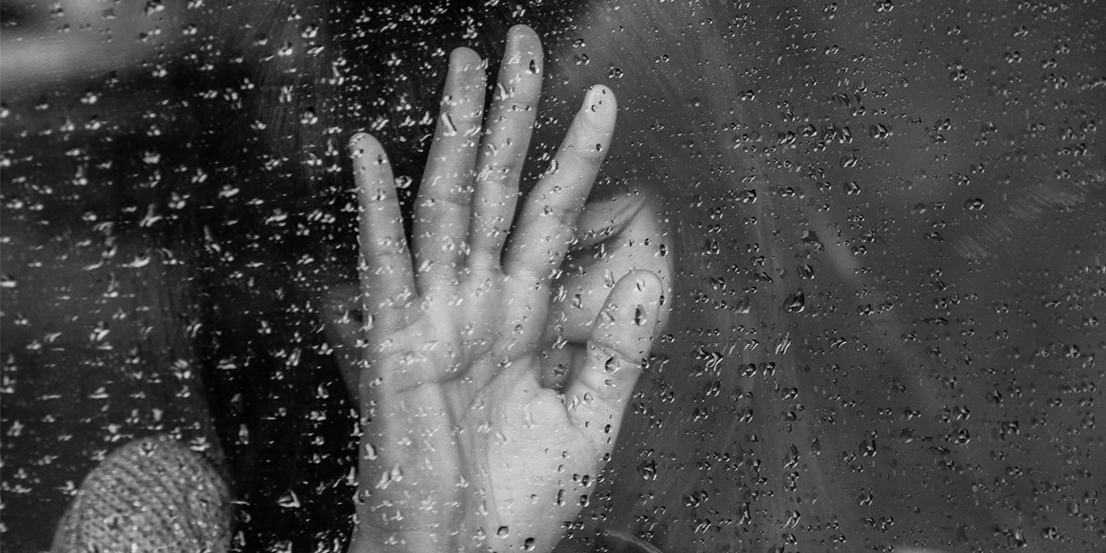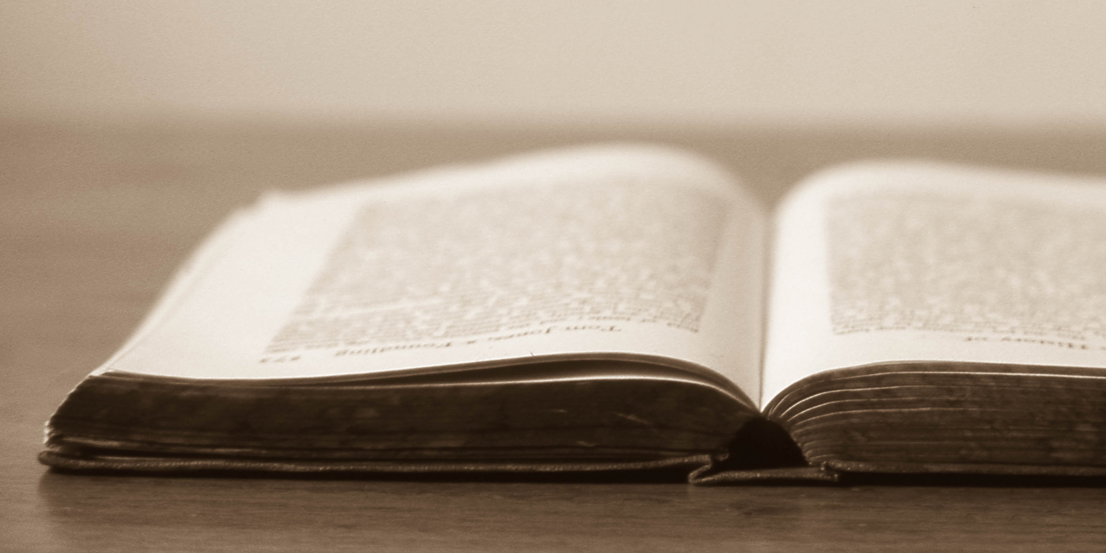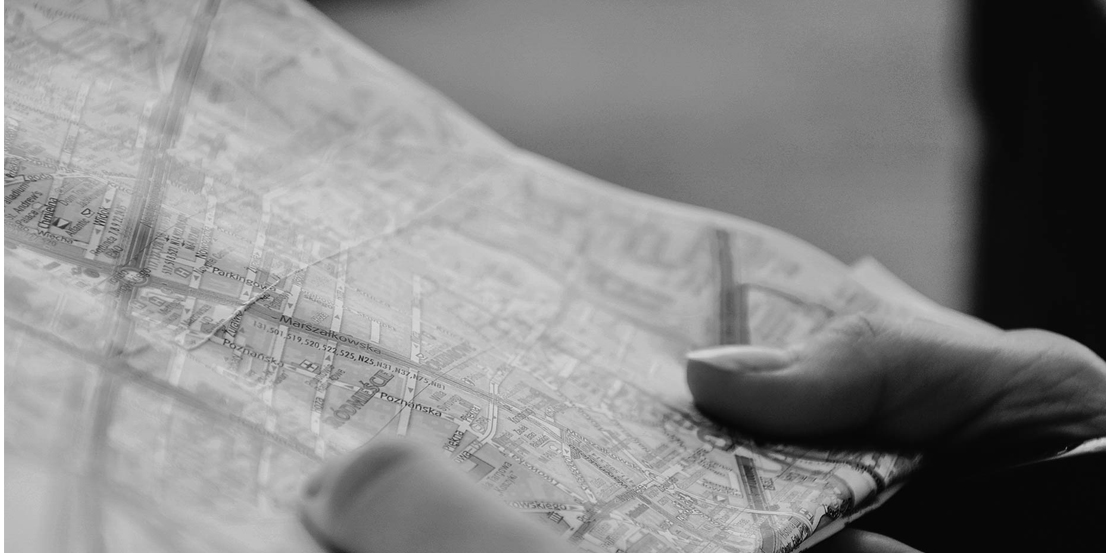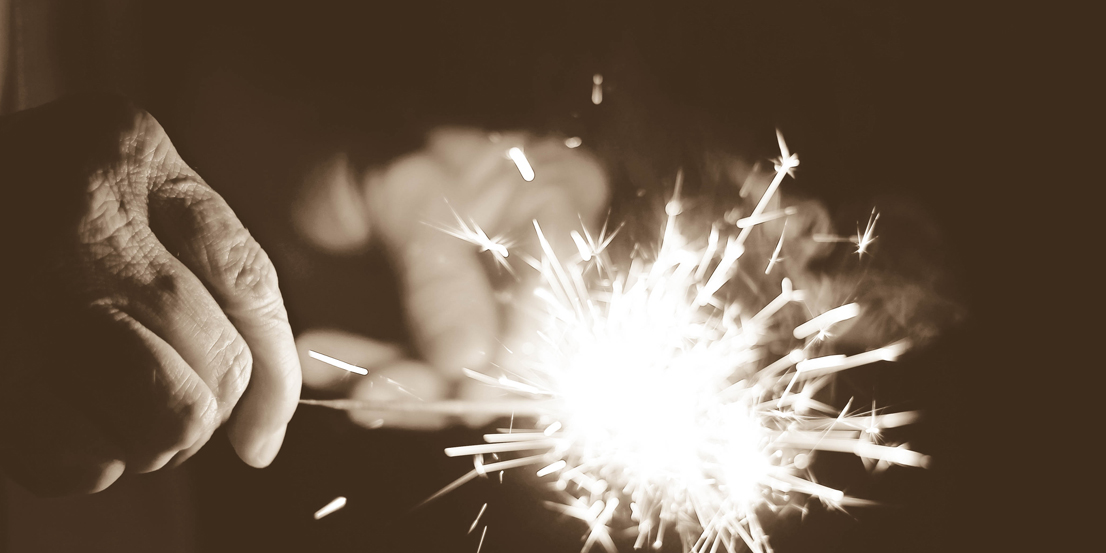The pleasures that are only deepened by knowing
Intuition or intellect. Art or science. Heart or mind. Work or rest. Right brain or left brain.
Which is it to be?
As a culture we seem to have arrived at a place where we must choose our camp. One is rational and sound. The other deeply human and spontaneous. One might be boring. The other may be reckless.
Whichever side we identify with, we must make it clear. We are one and not the other.
But like most things and people, the answer is richer than this dichotomy allows.
What we feel
“You should get on with the business of living.” ~ Ray Bradbury.
The much loved and respected blog from Maria Popova, Brain Pickings, gathers sage advice from writers, artists and philosophers over the ages and much of it reminds us of the current cultural draw towards knowing over feeling.
“Wonder is one of the most endangered human faculties, and we frequently forget just what’s at stake as we risk its extinction in adulthood — a risk that begins, though far from ends, with how our hopelessly unimaginative formal education system handles young minds, rewarding rote memorization over curiosity and measuring achievement by standardized tests scores rather than character-building.”
In a post on Ray Bradbury on Writing, Emotion vs. Intelligence, and the Core of Creativity, Popova cautions against the tendency to “worship the intellect and scorn emotion,” reminding us of the wisdom of the human spirit. In Bradbury’s words:
“Thinking is to be a corrective in our life — it’s not supposed to be a center of our life. Living is supposed to be the center of our life, being is supposed to be the center — with correctives around, which hold us like the skin holds our blood and our flesh in. But our skin is not a way of life — the way of living is the blood pumping through our veins, the ability to sense and to feel and to know. And the intellect doesn’t help you very much there — you should get on with the business of living.”
What we know
Sharing knowledge is important, but without understanding it is futile.
And yet, there is value in the business of knowing too.
Knowing is not simply collecting facts to recite by rote, but understanding meaning at a deeper level.
Michael Pollan’s exploration of the food industry, The Omnivore’s Dilemma has had a powerfully enduring legacy on the way millions of people eat. In the introduction to the book, he cautions his reader:
“To eat with a fuller consciousness of all that is at stake might sound like a burden, but in practice few things in life afford quite as much satisfaction. By comparison, the pleasures of eating industrially, which is to say eating in ignorance, are fleeting. Many people today seem perfectly content eating at the end of an industrial food chain, without a thought in the world: this book is probably not for them; there are things in it that will ruin their appetite. But in the end this is a book about the pleasures of eating, the kind of pleasures that are only deepened by knowing.”
The pleasures that are deepened by knowing … This phrase beautifully captures the important distinction between information and understanding.
For there is embodied wisdom, but there is cultural wisdom too – knowledge passed on from one generation of people to another, in the modern day with books like Pollan’s or more traditionally with rituals, recipes and traditions. Sharing knowledge is important, but without understanding it is futile. Without understanding, we rely on others to make our decisions for us.
“How did we ever get to a point where we need investigative journalists to tell us where our food comes from and nutritionists to determine the dinner menu?” says Pollan.
To feel and know is to understand
To be able to trust our own instincts, to be able to draw on our intelligence, we need to move fluidly between logic and feeling. To feel and know is to understand. To know is to have the ammunition to act.
Take for example, the current trend of adopting the “farmgate” fad, when supermarkets push local or organic produce even though much processing and packaging has been used. Or when a massive pizza chain, like Dominoes, pedals “artisan.”
When this happens, our BS radar beeps off the charts.
“We don’t wear black berets, cook with wood fired ovens or apprentice with the masters in Italy. Though we may not be artisans in the traditional sense, inside this box you’ll find a handmade pizza crafted with the kind of passion and integrity that just might convince you we are.”
Oh dear Dominoes … Wearing black berets has squat to do with it.
It may be spin or it may be ignorance, but one thing’s for sure: It most definitely is meaningless.
It is at these moments we must draw on our understanding – that combination of knowledge and intuition that signals something’s not right. It’s more than evident in this instance, but it can be veiled too. This is the trouble with relying on language or signifiers alone … They don’t always tell the whole story. A gourmet market isn’t necessarily more sustainable. Cottage products might be made in the spirit of tradition, yet the real ingredients might reveal that more modern processing took place. It’s not about the labels or the signifiers, but the true mission and execution behind it all.
Humans embody this wisdom, innately and culturally too. But when the system becomes disconnected — ourselves to our bodies, people to the planet, people to each other – this wisdom can be lost. It’s why the practice of yoga can be so powerful. Says Donna Farhi of reconnection:
“By setting aside enough time to get quiet and clear, we begin to differentiate between the cluttered thoughts of our ordinary mind and the resonant intelligence that comes through as intuition.”
Wisdom and wonder
To be in full consciousness – observing, feeling, using the faculty of our full senses – is to understand what is really there, and not just believe the story in our heads or the story being spun by marketing speak. Appreciating the care, craftsmanship and quality that goes into a product is to understand our place in the chain. What we pay attention to, or what we are prepared to pay for, is directly linked to what we value.
Pollan’s reference to the pleasures of knowing comes back to this; Conscious eating, conscious choices, knowing the truth — this is how we get to wonder.
Have you ever noticed that the wonder of children is their parent’s greatest joy? Parents get such a kick out of sharing what they have grown to realise is important in their own lives. They want to pass on this knowledge, this wonder, because they know too well how easy it is to lose.
As Popova captured on the Brain Pickings blog on Rachel Carson and wonder:
“If a child is to keep alive his inborn sense of wonder without any such gift fairies, he needs the companionship of at least one adult who can share it, rediscovering with him the joy, excitement and mystery of the world we live in.”
The act of sharing wonder, not only strengthens it in the child, but in the person who wants to share it too. The pleasure is deepened by knowing what it means to wonder at the world – knowing its fragility and its understanding its importance.





